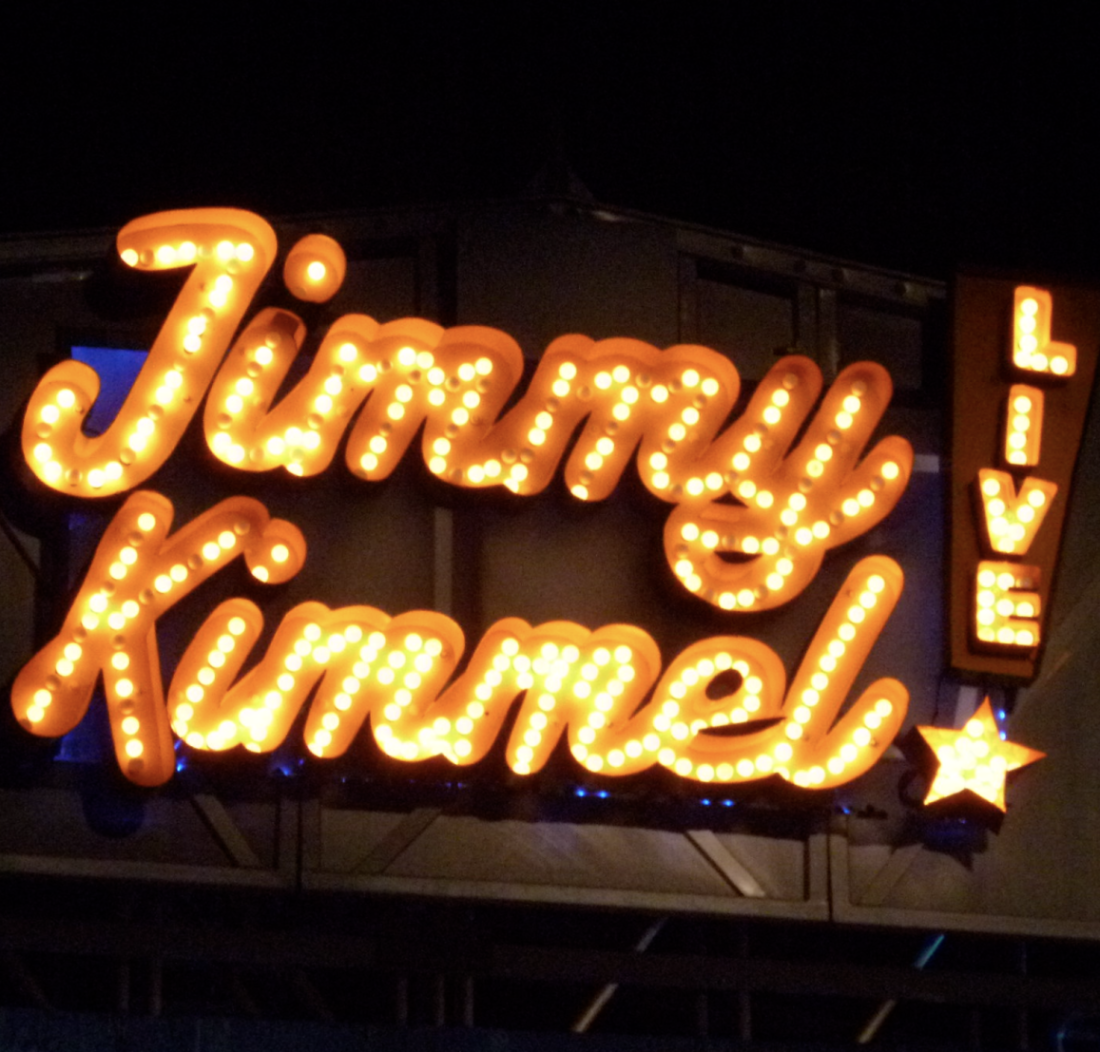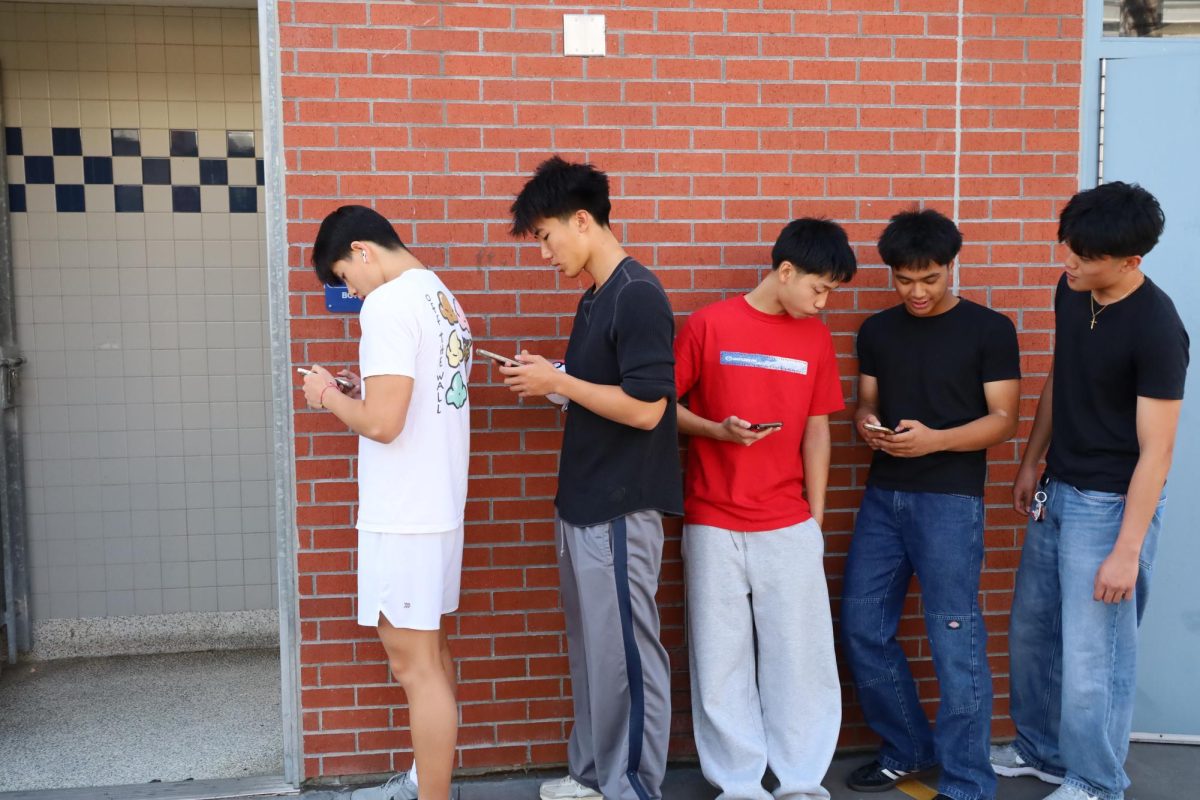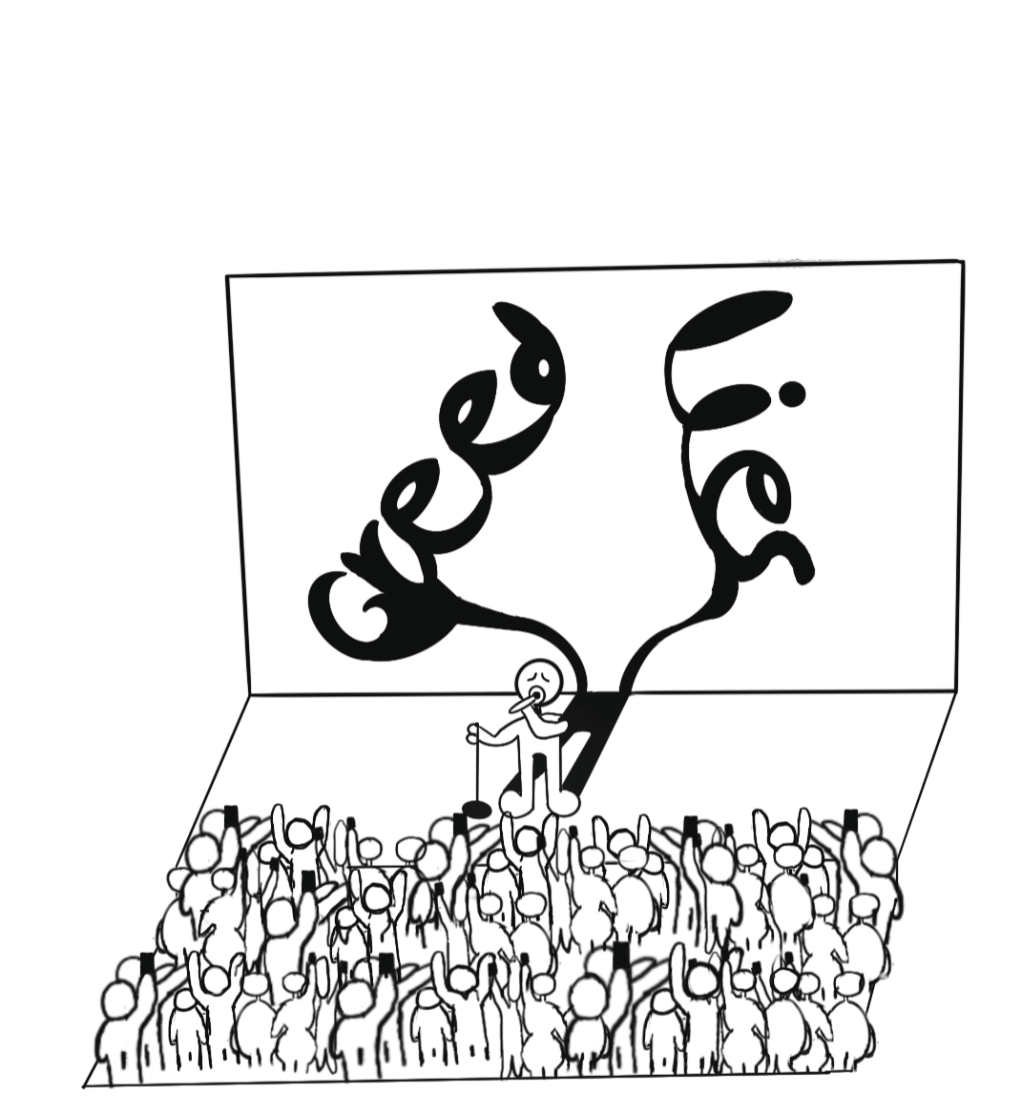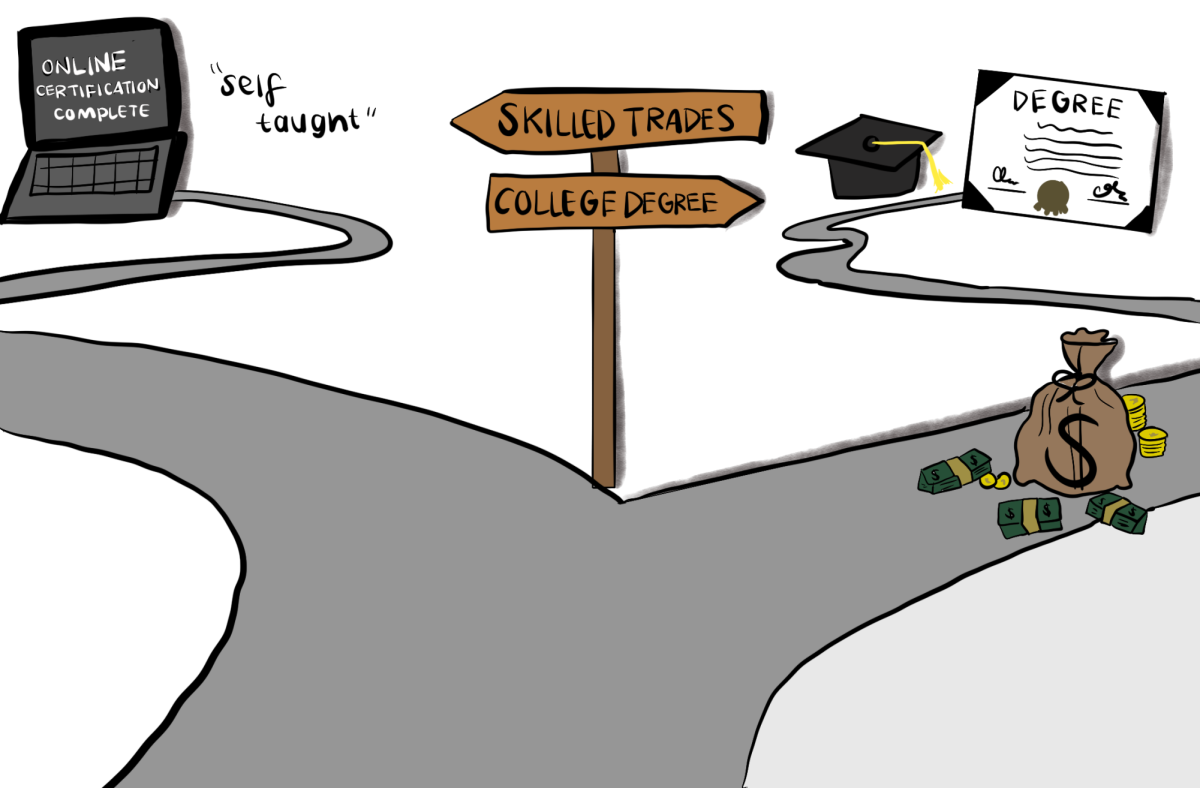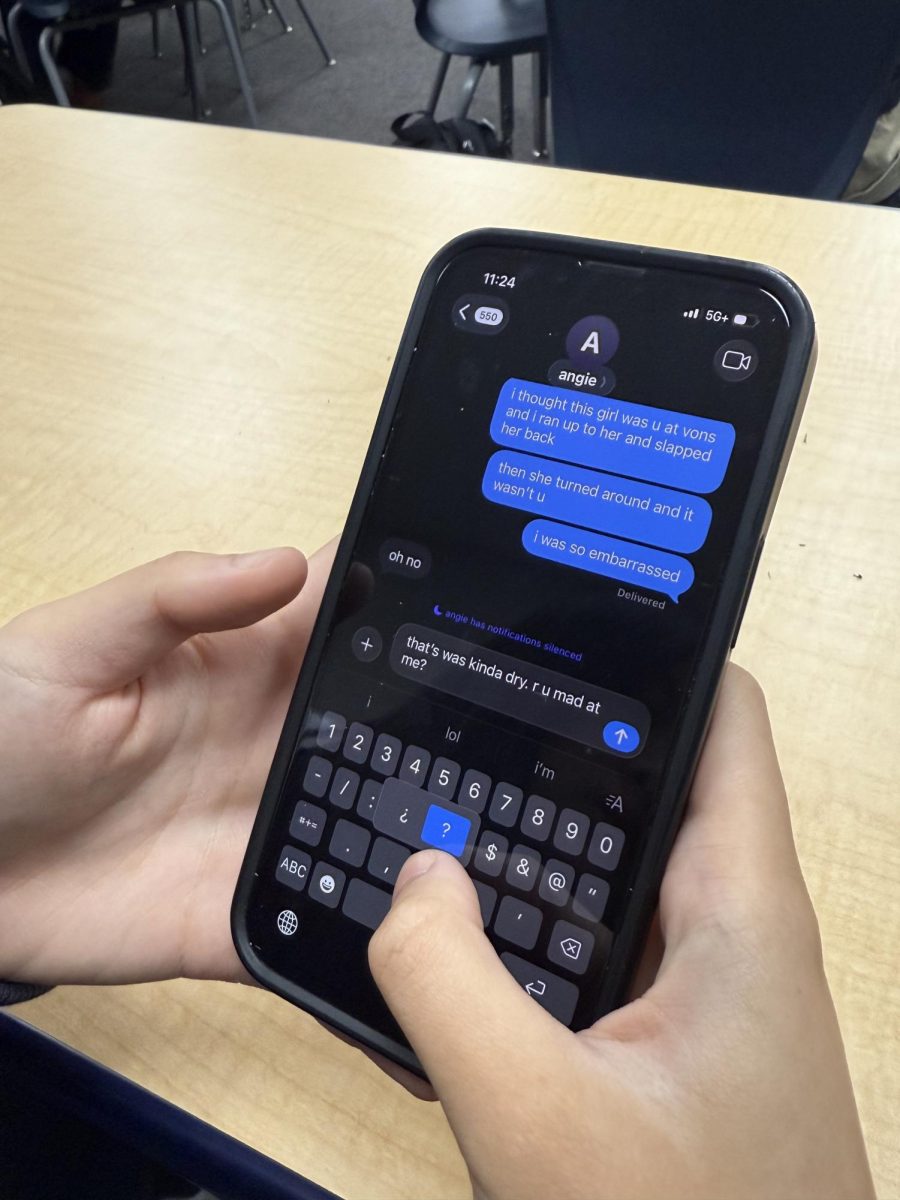After late-night show host Jimmy Kimmel’s controversial comment over the assassination of political activist Charlie Kirk, “Jimmy Kimmel Live!” was taken off the air by Disney’s ABC network in September 2025. The suspension followed Federal Communications Commission Chair Brendan Carr’s warning that ABC’s broadcast license could be “reexamined” if it continued to air content that “undermines public trust.” While Disney, as a private company, has every right to decide what content it airs, the real concern lies in how government influence shapes that decision.
When a federal official hints that a network’s ability to operate depends on silencing a critic of the government, it blurs the line between regulation and repression. The First Amendment protects citizens from government interference in speech. When the government uses regulatory power to push companies toward silencing voices, that is an indirect form of censorship, one that undermines the freedoms this country is built upon.
This issue extends beyond Kimmel. Earlier this year, CBS announced that “The Late Show with Stephen Colbert” would end in 2026 due to “programming changes.” However, Colbert’s long history of satirizing President Donald Trump suggests that it was political pressure, rather than simple rescheduling, that influenced CBS’s decision to cancel Colbert’s show. Even shows like “South Park,” known for its political commentary, have faced recent backlash, revealing the government’s intolerance for mockery.
The pattern goes beyond late-night television. In several press conferences, Trump has refused to answer questions from outlets he calls “fake news,” most recently declining one from ABC after its controversial interview with Vice President JD Vance. This behavior signals that the administration will only engage with media offering favorable coverage, thereby silencing critical voices and distorting public understanding of the truth.
Perhaps the most alarming shift comes from the Pentagon. The Department of Defense implemented new press restrictions preventing journalists from releasing information that the department has not authorized. Although the Pentagon memo states that “members of the news media are not required to submit their writings to the Department of War for approval,” they may face “adverse consequences for unauthorized disclosures.” The implication here is that the government is tightening control over what information reaches the public.
The Hoofprint believes that this trend threatens the constitutional values that define the United States. Freedom of speech and the press are not privileges; they are the foundation of democracy. If this erosion of free speech continues, the line separating democracy from the authoritarian systems we condemn will fade. If America stands for anything, it must stand for the right to speak freely—because only then can truth, accountability and transparency prevail.
